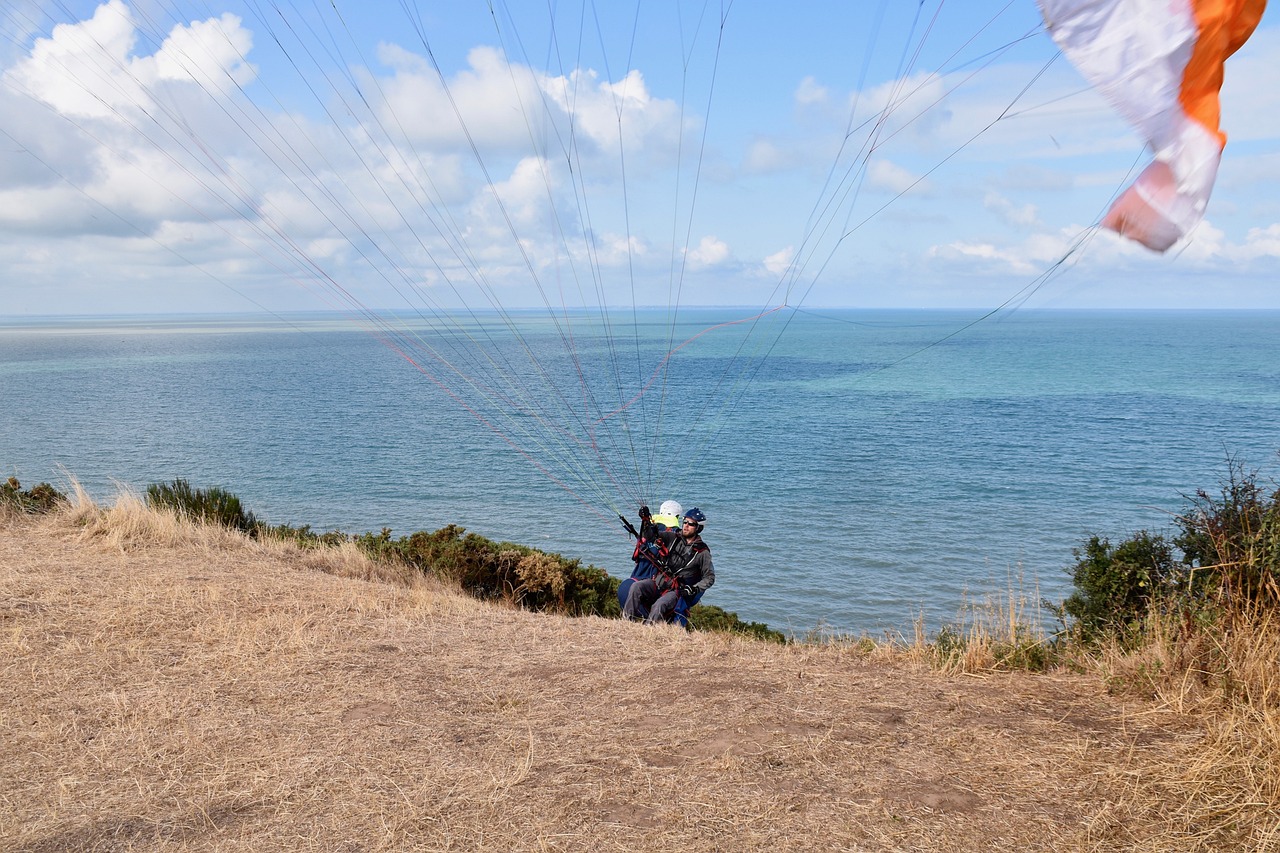The Future of AI-generated Video Content: Automated Editing and Production
AI has become a game-changer in the world of video editing and production. With the help of advanced algorithms, AI tools can now analyze large amounts of data to automatically edit and enhance video content. This allows for more efficient workflows and speeds up the editing process significantly.
Moreover, AI technologies can also assist in tasks such as facial recognition, scene detection, and even color grading. By automating these processes, content creators can focus more on the creative aspects of their work rather than spending hours on repetitive editing tasks. The precision and accuracy of AI tools have undoubtedly revolutionized the way video content is edited and produced in the modern era.
The Advantages of Using AI in Video Content Creation
AI has become a staple in the realm of video content creation, enriching the creative process and enhancing efficiency. One of the key advantages of utilizing AI in video editing is its ability to automate mundane tasks, such as sorting through footage and transcribing audio. This automation not only speeds up the editing process but also allows creators to focus more on the artistic aspects of their work.
Furthermore, AI-powered tools provide advanced functionalities like facial recognition and scene analysis, enabling editors to swiftly locate specific elements within their footage. By harnessing these capabilities, content creators can streamline their workflow and deliver high-quality videos in a shorter timeframe. Ultimately, the incorporation of AI in video content creation empowers creators to enhance their productivity and produce captivating content that resonates with audiences.
Challenges and Limitations of AI-generated Video Content
One of the key challenges in AI-generated video content lies in maintaining a human-like touch and emotional depth. While AI technology has made significant strides in mimicking human capabilities, creating authentic emotional connections in videos remains a complex task. Emotions are nuanced and often require a level of understanding and empathy that AI may struggle to replicate accurately.
Another limitation of AI-generated video content is the potential for bias in the creation process. AI algorithms are trained based on existing data, which can inadvertently reinforce biases present in the datasets. This can lead to videos that perpetuate stereotypes or lack diversity in representation. Ensuring the ethical use of AI in video content creation requires careful consideration and monitoring to mitigate the risk of perpetuating harmful biases.
• Maintaining a human-like touch and emotional depth is a challenge for AI-generated video content
• Emotions are nuanced and require understanding and empathy that AI may struggle to replicate accurately
• Potential for bias in the creation process due to AI algorithms being trained on existing data
• Biases present in datasets can lead to videos perpetuating stereotypes or lacking diversity in representation
• Ethical use of AI in video content creation requires careful consideration and monitoring
How is AI revolutionizing video editing and production?
AI is revolutionizing video editing and production by automating mundane tasks, improving efficiency, and enabling creative possibilities such as deepfake technology.
What are the advantages of using AI in video content creation?
The advantages of using AI in video content creation include cost savings, time efficiency, improved quality, and the ability to scale production.
What are some challenges and limitations of AI-generated video content?
Some challenges and limitations of AI-generated video content include limitations in creativity, potential biases in content creation, and concerns over job displacement in the industry.







